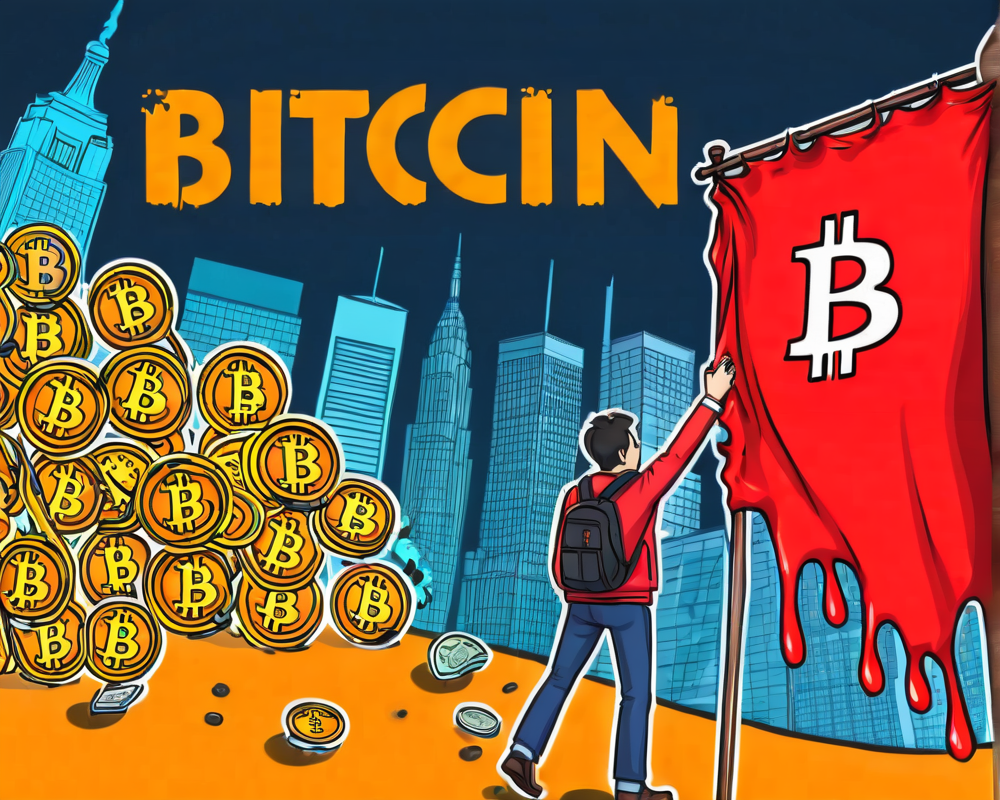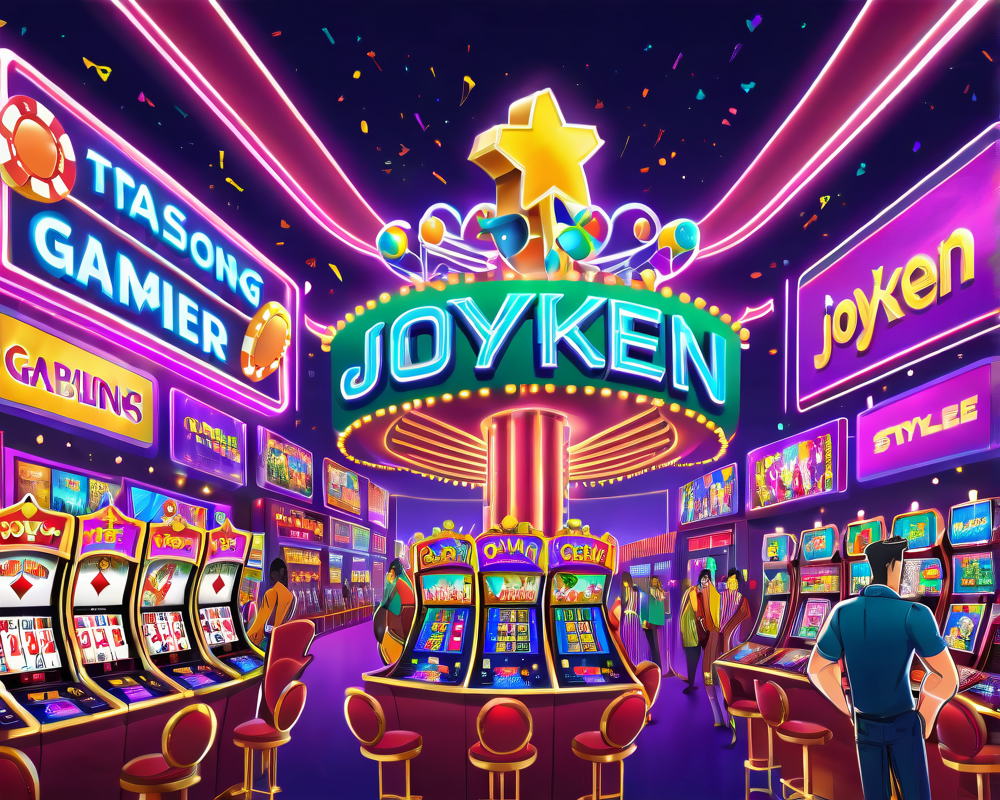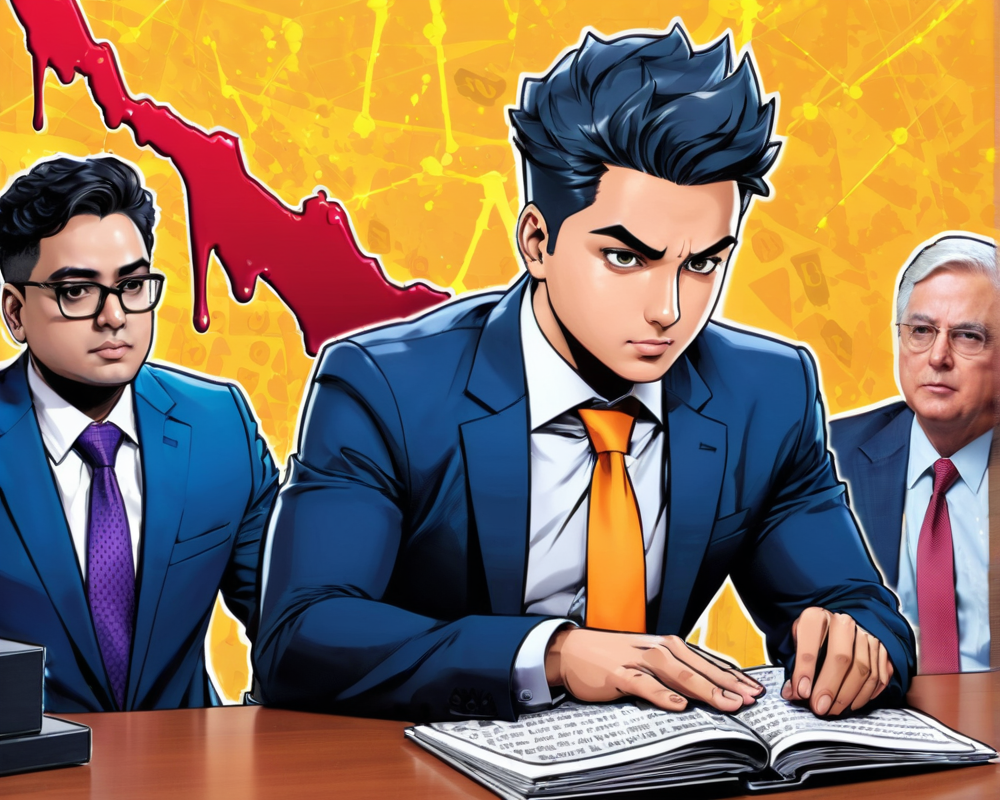The Ongoing Debate Over EOS’s Centralization
The cryptocurrency landscape can be as chaotic as a dog park on a sunny day—everyone’s excited, but some tails are wagging a bit too close to each other. At the heart of EOS’s latest kerfuffle is centralization, a topic that’s raising eyebrows and putting virtual frowny faces on the forums. Recently, Block.One, the company that birthed EOSIO software, decided to join the party in electing Block Producers (BPs) for EOS, stirring the pot quite effectively.
Who’s Who in the EOS Zoo?
On November 28, the good folks at EOS New York tweeted out some revealing screenshots from a Whois search that imply something fishy: six of EOS’s BPs appear to be managed by the same company. That’s right, folks! Just one entity is holding the reins for six BPs, intensifying the scrutiny around EOS’s already shaky reputation when it comes to decentralization.
How Does It All Work?
So, how are the BPs elected? EOS operates on a delegated proof-of-stake model. This means that only 21 BPs, chosen by EOS token holders, get to control the nodes that operate the network. Block.One touts this system as an improvement over the classic proof-of-work protocols, boasting super speedy block times and the ability to handle more than 5,000 actions per second. Talk about a digital express lane!
Block.One and Voting Shenanigans
Let’s talk about Block.One’s decision to jump into the voting scene. On November 13, they made a splashy announcement stating they’d participate in voting to keep the EOS ecosystem healthy. Block.One claims to own less than 9.5% of all circulating EOS tokens, saying: “We’re a small potato but still significant!” Well, isn’t that cute? However, the presence of such a large entity does beg the question: Can a small potato really compete against a big salad bowl of BPs?
Critics Weigh In: Centralization Blues
As you might expect, no good party ever goes without a few critics. Weiss Ratings waded into the conversation, waving a flag and declaring that EOS is wrestling with severe centralization issues, noting that those without large amounts of EOS locked away can’t even get transactions processed. This isn’t your normal Saturday night block party, folks!
Notable Naysayers
Even Vitalik Buterin, the co-founder of Ethereum, chimed in with a clever suggestion: “Umm, maybe try sharding to spread out the work a bit?” It’s almost like giving the BPs different tasks to avoid the perils of group projects in school!
The Gloomy Future of EOS? Not Quite Yet
Some experts say there’s still hope for EOS. John Todaro from Tradeblock admits the centralization controversy isn’t going away anytime soon, but he sees a silver lining: “Block producers can still be voted off! So, let’s keep the hope alive for a decentralized spring!” Meanwhile, David Gold from Dapix cheered on Block.One’s electoral involvement as a positive move, suggesting they’d help steer the ship in calmer waters ahead.
A Network in Chaos: The EIDOS Airdrop Aftermath
Adding to the turmoil, EOS has seen severe congestion issues largely thanks to the EIDOS airdrop. Imagine a freeway full of cars and then someone decides to start handing out free coffee. Well, that’s basically what happened—high transaction costs and users struggling to perform even the simplest tasks. One decentralized application is even threatening to leave the network if things don’t shape up! As it turns out, “free transactions for all” were about as real as unicorns with rainbow manes.




